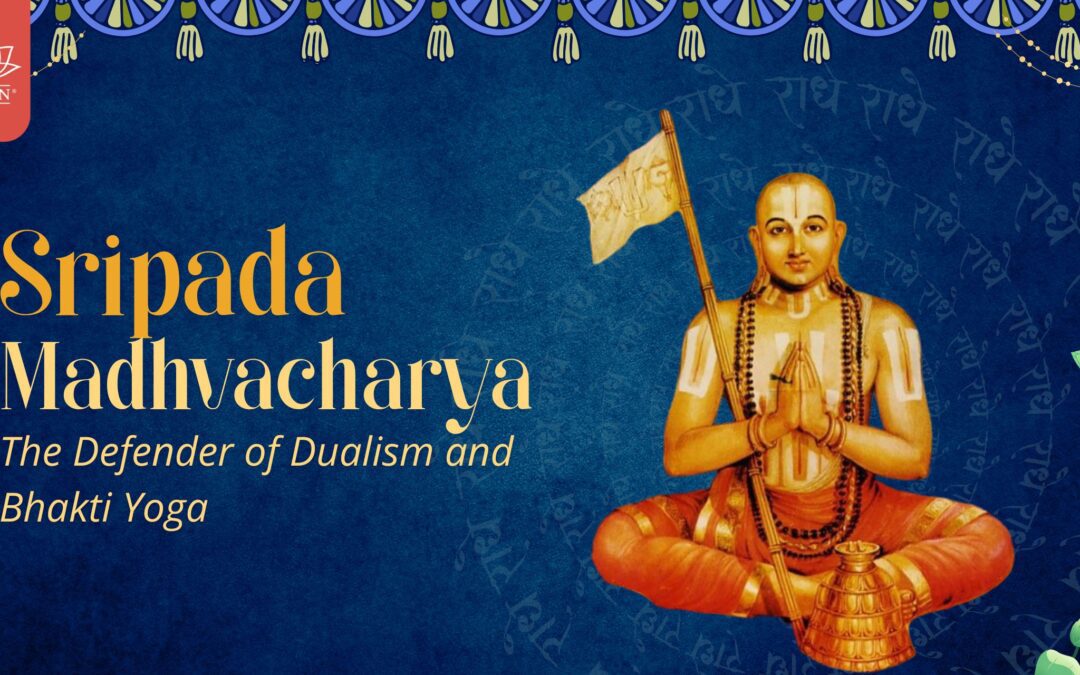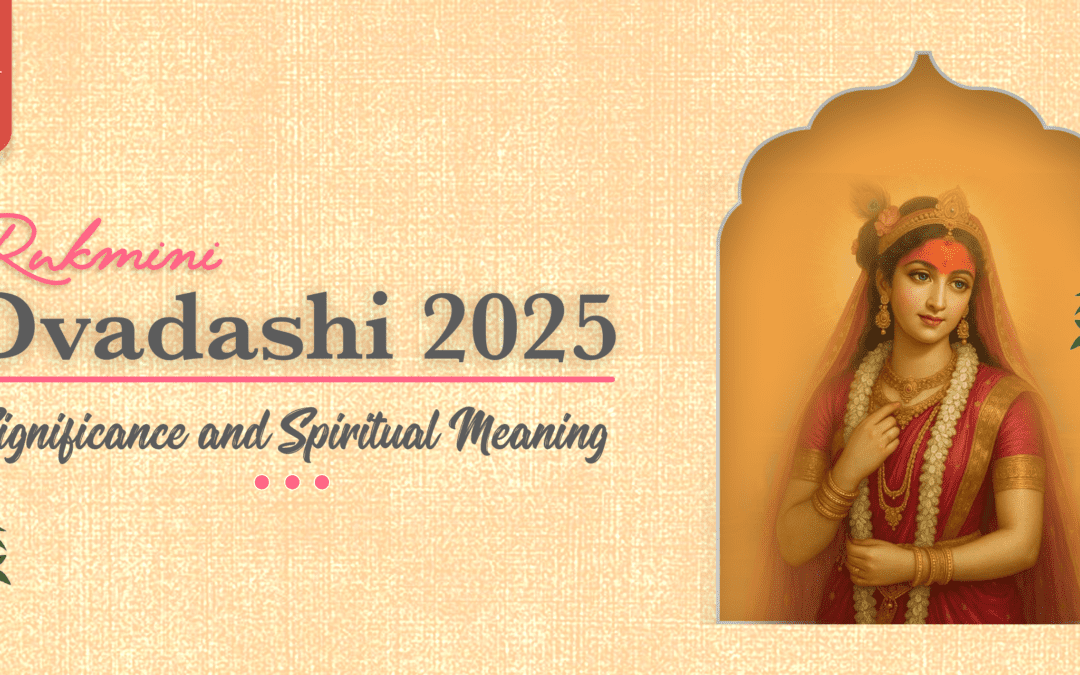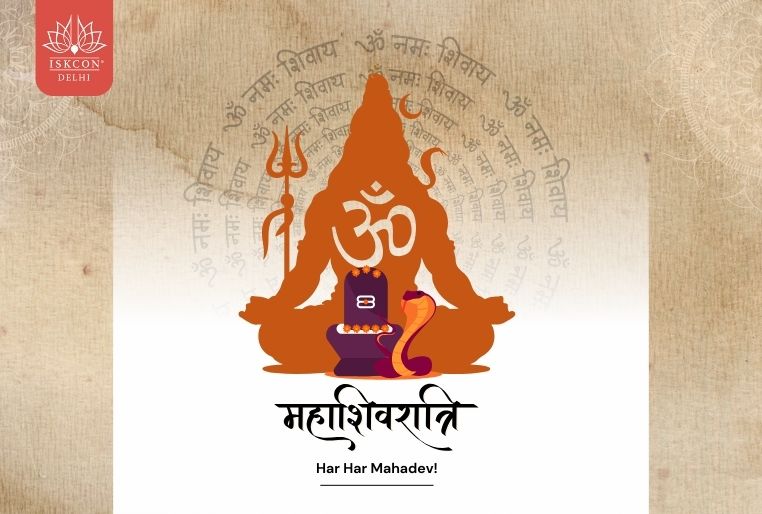
80g tax exemption: Tax Benefits Deduction under 80g
Why 80G Tax Exemption Matters
Millions of Indians every year look for ways to save smart on tax. The 80g tax exemption enables you save for your cash donations while donating it for social cause.
When you donated to ISKCON Delhi, you feed hungry and orphan children. And, you get a legal tax deduction under 80g.
Here is a truth: 80G = Tax savings + Social impact.
What is 80G in Income Tax?
Section 80g of income tax act which gives an option to individual donors who donate money or other personal property to registered trust or societies. This tax benefit under section 80g will lower your taxable income which means less tax.
ISKCON Delhi 80g registration income tax is lifetime (Ref. No. आ. नि. (छू.) मु. न. /80-जी/1667/2007/2008-2009). Tax credits are available for donations each year.
How You Save Tax with 80G
Here is a simple example of 80g tax benefit:
- Your annual income: ₹10 lakh
- That’s you donate ₹50,000 to ISKCON Delhi
- You can also claim ₹25,000/- (50%) for deduction under 80g of income tax act.
- Now you have a taxable income of ₹9.75 lakh
- You pay less tax
You’re investing for good reasons and your money can save as well.
Who Can Claim 80G Deductions?
Almost everyone who files taxes:
- Salaried individuals
- Self-employed professionals
- Companies and partnerships
- Trusts and HUFs
You need to donate through the traceable mode of payment like cheque, bank transfer, and UPI. Cash donations above ₹2,000 do not qualify.
ISKCON Delhi issue you an official receipt with PAN and registration features for your tax deduction benefits.
Types of 80G Donations
Under the Contributions Law, donations are divided into four categories:
- 100% deduction without any limit − Prime Minister’s Relief Funds
- 50% no limit − Drought Relief Fund
- 100% (max 10% of income) − Research projects
- 50% tax (10% of income) − ISKCON Delhi etc.
If you contribute ₹1 lakh to ISKCON Delhi, you would be able to seek a deduction of ₹50,000 from your gross income.
80G in the New Tax Regime
Lots of donors ask: “Is 80g applicable in new tax regime?”
Here’s the answer:
- Old tax regime: Full 80g deduction in new tax regime
- New tax system: Not much is deductible by default
If you wish to avail 80g tax benefit then you can switch back to old regime. If, on the other hand, you are eager to maximize your tax benefits from charity giving, the old regime could still be a good one.
Documents You Need
These are the documents you need to have with you when you apply for 80g tax exemption.
- 80g tax exemption certificate (donation receipt from ISKCON Delhi)
- PAN and registration number of the NGO
- Form 16 (for employed person)
- Proof of bank transaction (NEFT, UPI or card) or payment.
For the receipt issued by ISKCON Delhi including every pertinent detail. Keep it for eight years.
How to fill 80G in Your ITR form
If you maintain with these process instructions, it is likely that fill up 80g in income tax return:
- Visit www.incometax.gov.in
- Log in with your PAN
- Select “File Income Tax Return”
- Choose Section 80G under Deductions
- Particulars of donation (name of donor, PAN and amount)
- Upload receipt if needed
- Verify and submit
This guide on how to fill donation 80g in income tax return shall help you in claiming your deduction correctly.
Pro tip: Donate and verify using the same bank account.
Common Mistakes to Avoid
Don’t lose your deduction:
- Acceptance of over ₹2,000 in cash donation
- Missing PAN of the charity
- Using fake receipts
- More than 10% of your gross adjusted income$ No cap
- Selecting wrong deduction category
Audited Receipt of ISKCON Delhi which keeps you compliant.
Why Choose ISKCON Delhi?
ISKCON is one of the most financially transparent, effective:
- Registered under the Indian Trusts Act. 2. 1882 with perpetual 80G status
- Transparent operations with audited records
- Some of the programs nationwide include Food for Life
- Serves all facets of community
- Trusted by thousands in India
You combine finances with people.
How ISKCON Uses Your Donations
Your contribution becomes real impact:
| Program | Impact |
| Food for Life | Daily meals for underprivileged children |
| Disaster Relief | Emergency food during calamities |
| Education | Free spiritual and skill development |
| Mental Health | Awareness campaigns |
| Cultural Preservation | Temple maintenance and heritage |
No single paisa comes to naught, every rupee is audited and reaches the real needy.
Real Impact Numbers
ISKCON Delhi’s work touches millions:
- 1,000,000 meals served monthly
- Regular food drives during emergencies
- Thousands of volunteers across Delhi
You are investing in a society that is for everyone when you support the 80G.
The Double Benefit
Every rupee creates two returns:
- Financial gain: More savings due to the lower taxable income.
- Social return: Feeds the hungry, educate the children
How Much Can You Save?
One has to be aware and understand the 80g income tax exemption limit. The maximum limit for exemption of your tax under this section cannot exceed 10% as referred to:
| Income | Donation | Eligible Deduction | Tax Saved |
| ₹10 lakh | ₹50,000 | ₹25,000 | ₹5,000-₹7,500 |
| ₹15 lakh | ₹1 lakh | ₹50,000 | ₹10,000-₹15,000 |
| ₹25 lakh | ₹2 lakh | ₹1 lakh | ₹20,000-₹30,000 |
Meaning − Even small donations will save few bucks for you as u/s 80g of income tax act.
Online Donations Made Easy
ISKCON Delhi’s process is now totally online:
- Acknowledgement email along with 80G detail
- PAN and registration number included
- Safe and secure online payments (UPI, cards, net banking)
Your proofs are still valid and verifiable.
Verify ISKCON’s Registration
Check authenticity in minutes:
- Visit www.incometax.gov.in
- Click “Charitable Institutions”
- Find organization by their name/PAN Number.
- Confirm ISKCON’s active status
This builds donor confidence.
80G vs Other Sections
- Section 12A: Exemption of income of charitable or religious trusts.
- 80G: The donor can make deduction under this section.
- CSR Donations: Corporate statutory obligation.
ISKCON Delhi is 12A, as well as 80G certified. Companies may fulfil CSR and get 80G at one go.
What if You Don’t Get the 80G Certificate?
No deductions can be availed if you don’t possess a valid 80G registration.
Always verify before donating.
The registration of ISKCON Delhi is completely valid and authentic.
Top Benefits of Donating
- Perpetual 80G registration
- Transparent audited financials
- Real community impact
- Government recognition
- Tax savings plus emotional satisfaction
Its financial prudence combined with social responsibility.
FAQs
Q: What is 80g in income tax?
A: A segment that provides deductions for gifts to eligible charitable organizations under section 80g of income tax act.
Q: Is 80g included in the new tax regime?
A: No, by default. Opt for the old regime to avail 80g deduction in new tax regime.
Q: What is 80g income tax exemption limit?
A: It is 10% of gross fund; Out of it 50% is allowable as tax deductible under section 80g.
Q: Is ISKCON Delhi 80g is registered under income tax?
A: Yes. valid under CBDT Circular No. 7/2010.
Q: Can corporations claim tax benefits under 80g?
A: Yes. Both, an individual and a company receive tax benefit under section 80g.
Conclusion: Save Tax, Serve Society
80g tax exemption divert your money for welfare.
When you donate to ISKCON Delhi, you directly support feeding the hungry and elevating the poor with 80g tax benefit.
Convert this financial year in to a golden one with the service tax deduction under 80g.
Make a Donation now and get 80G Tax Benefit.




